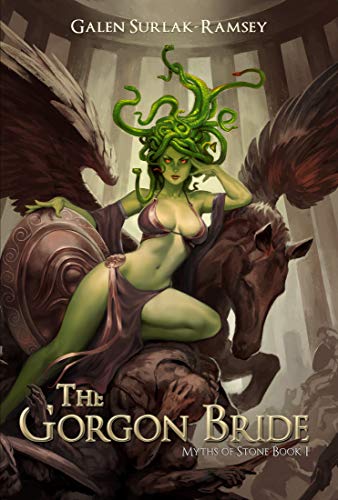The Right Hand of Blogging
Ursala K. Le Guin’s novel, The Left Hand of Darkness, dives headfirst into the same subjects
many of us desperately avoid at family gatherings—politics, power, and
sexuality. Religion too, but I think we’ve got enough to discuss in just one
blog.
The novel starts off lightly with the definition of
patriotism from two different perspectives. Genly Ai’s interpretation of
patriotism is fairly standard, the love of one’s country. But Estraven
discusses patriotism as fear of the other. Fear of what and who you do not
know. This fear can apply to Genly’s alien species and to real-life people who
fear those different from them.
This fear, in fiction or real-life, has destroyed, and
will continue to destroy, nations and families.
Estraven’s actions throughout the novel prompt the
question, which is more important, serving your country or serving humankind?
Estraven chooses humankind and gives his life for it. He knows Karhide isn’t
ready for Genly’s message, so he encourages him to take it to another nation,
despite the fact that Karhide would not receive the glory. All he cared about
was that Gethenians got the message.
He acts in the opposite way of Argaven, Karhide’s
king. Returning to Estraven’s definition of patriotism, leaders serve on fear. Argaven
does not operate on the best interest of Karhide, but rather for his image.
He’s manipulated by his inferiors, people who are also only looking out for
themselves. Despite the fact that Gethenians are androgynous people, both men
and women, and hardened to survive in freezing temperatures, power dynamics on planet
Winter are almost the same as in real life.
Estraven is seen as a traitor for trying to get
Genly’s message to any Gethenians. Yet, as Genly comes to understand, Estraven
loves Karhide. Genly once again wonders what patriotism means when Estraven
prefers to remain in Karhide despite the fact that the king has made it legal to
murder Estraven “The Traitor.” For people with no word for war, Karhiders can
be quite violence.
Speaking of language, clear communication would have
saved Genly and Estraven a lot of time and may have even saved Estraven’s life.
Estraven thought he was being blunt while Genly became increasingly frustrated
at his supposed vagueness. But, once they figure it out, they reached an understanding
of sorts and are later able to engage in mindspeech, truthful, telepathic Terran
communication. There is love and, at times, an almost sexual connection, between
Estraven and Genly, highlighted by Estraven’s sacrifice and Genly’s grief.
From one-on-one conversations to world leaders,
communication is an overlooked factor in peace and war.
The novel uproots much of what people may consider
permanent, like language and gender. Humans are the weird ones. You mean you can feel sexual attraction at
any time, and you don’t morph between
male and female during certain months?
The novel’s world can be mind-bending, but its messages
about power, sex, and politics reflect current issues on Earth (the
non-fictional Earth). Just maybe don’t bring it up at Thanksgiving.



Comments
Post a Comment